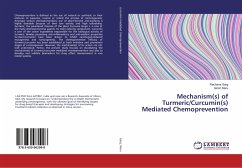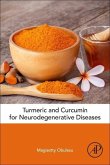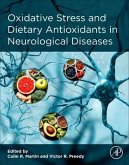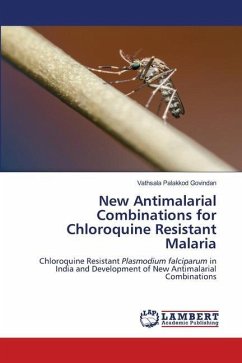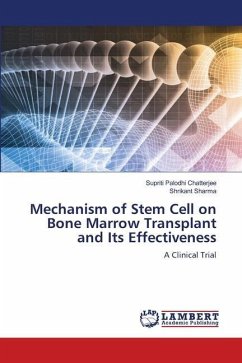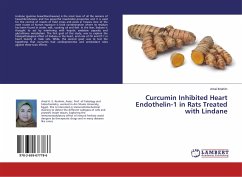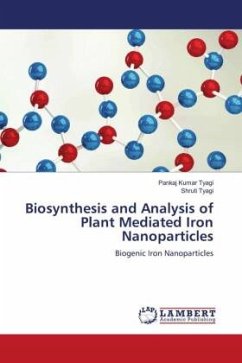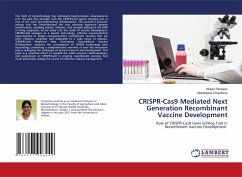Chemoprevention is defined as the use of natural or synthetic or their mixtures to suppress, reverse or retard the process of carcinogenesis. Amongst various chemopreventives, use of plant-derived anti-oxidants is highly desirable because of their low toxicity and high tolerability. Turmeric, the powdered rhizome of the plant Curcuma longa L. is one of the many chemopreventive agents. Its main coloring component, curcumin is one of the active ingredients responsible for the biological activity of turmeric. Besides possessing anti-inflammatory and anti-oxidant properties turmeric/curcumin have been shown to inhibit carcinogen-induced mutagenesis and tumorigenesis. The chemopreventive efficacy of turmeric/curcumin has been established at both initiation and promotion stages of carcinogenesis. However, the mechanism(s) of its action are not well understood. Hence, the present study focuses on elucidating the mechanism(s) of turmeric/curcumin mediated chemoprevention and also to develop and validate biomarkers for drug effect measurement in vivo model systems.

